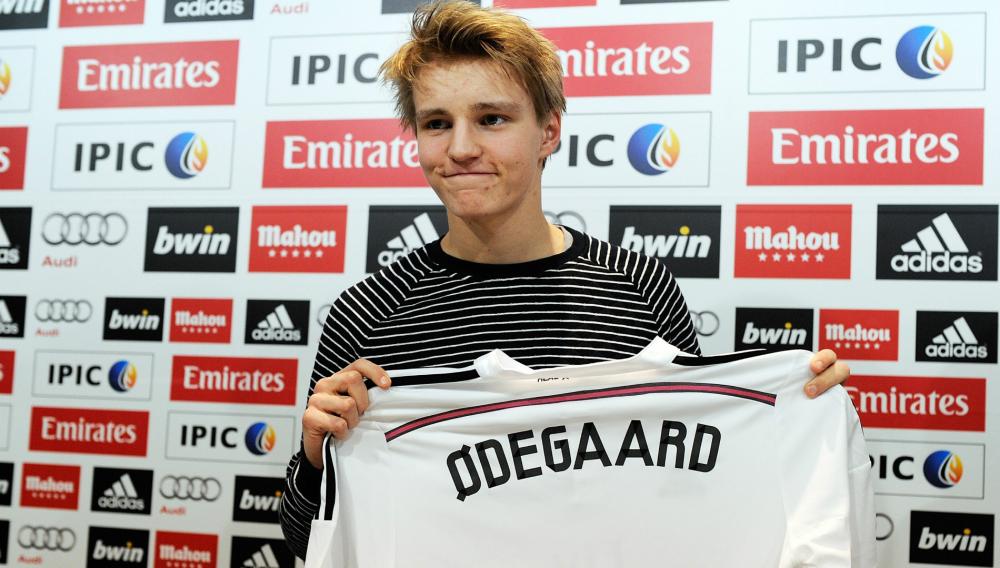FFT's Best of the Premier League weekend: Shaqiri, Coutinho, Hull and more
In the first edition of a new FourFourTwo series, we take a close look at the star performers from the opening weekend in the Premier League...
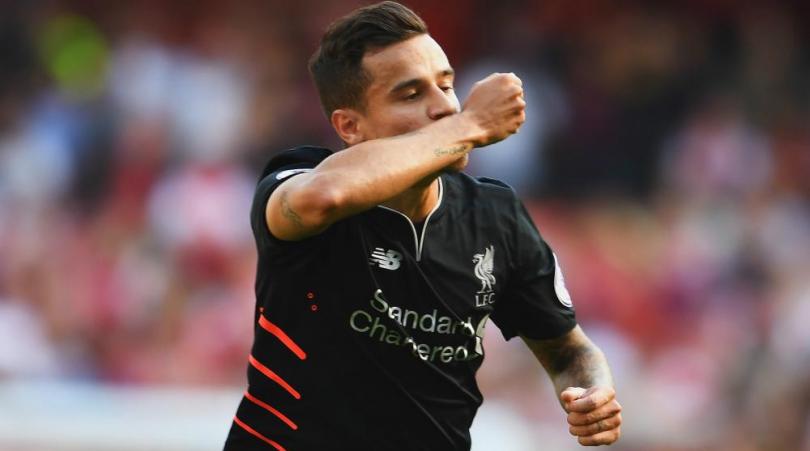
The best features, fun and footballing quizzes, straight to your inbox every week.
You are now subscribed
Your newsletter sign-up was successful
Want to add more newsletters?

Five times a week
FourFourTwo Daily
Fantastic football content straight to your inbox! From the latest transfer news, quizzes, videos, features and interviews with the biggest names in the game, plus lots more.

Once a week
...And it’s LIVE!
Sign up to our FREE live football newsletter, tracking all of the biggest games available to watch on the device of your choice. Never miss a kick-off!
Join the club
Get full access to premium articles, exclusive features and a growing list of member rewards.
Performance of the weekend – Hull City (vs Leicester City)
There are really two types of good performance: the sort which satisfies the senses and ticks the full range of tactical boxes and another, less tangible kind which occurs within a certain context. Needless to say, Hull City produced the latter on Saturday lunchtime.
This was 11 players emboldened by stubbornness and refusing to bow to their circumstances
The lack of incoming transfers over the summer is a symptom of the dysfunction at Hull rather than a root cause of the mass disaffection. Those empty seats at Wembley back in May were, after all, highly descriptive and the manifestation of deep cracks which now exist between the fanbase and the ownership. Hull have reached the point which all supporters fear: when moorings with the community break their elastic limit and the actual football feels somehow secondary.
To quote a recent statement from the Supporters' Trust, "No communication, no manager, no engagement, no signings, no identity, no concessions, no honesty". A tipping point has been reached and the rest of the country should really be paying better attention.
Premier League football matches are decided upon tiny margins and single-digit percentages. That's why, ultimately, these non-footballing factors can often bleed onto the pitch. Remember the flares which rained onto the pitch during Croatia's game with the Czech Republic at the European Championship and what that led to? Players are not impervious to surrounding moods or events and they never will be.
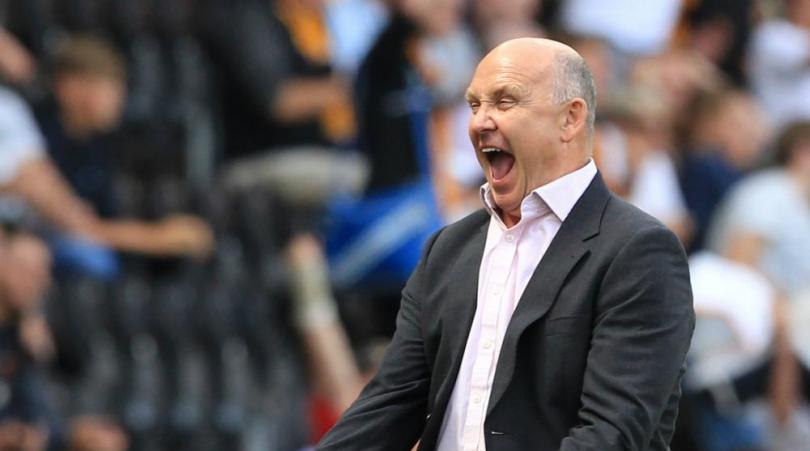
Combine the squad shortages and the interim manager situation with the acrimonious fog and the protests which had preceded Saturday's game and Hull had every excuse to fail. Even as recently as last week, Mike Phelan had openly acknowledged that his team wasn't equipped for Premier League life and, to the ears of certain professionals, that would have been an invitation to lose.
Hull weren't flashy and, stunning opening goal aside, they did little to glint in the opening day sun. However, though Liverpool's win will live longer in the memory and Manchester United were also impressive, there was something defiant about what happened at The KC Stadium.
The best features, fun and footballing quizzes, straight to your inbox every week.

Modern football can be relentless and supporters can often find themselves – and their team – at the mercy of an owner's private priorities. This was a rejection of that. This was 11 players emboldened by stubbornness and refusing to bow to their circumstances and, even if this proves to be a brief rage, it was deeply satisfying to watch.
Goal of the weekend – Xherdan Shaqiri
Goals from free-kicks have been slightly ruined by the community's growing awareness. From the moment the first pundit attributed blame to a goalkeeper's footwork, the default response to almost all successful set-pieces has been to asterisk them with mumbled observations about wall-positioning and "cheating" steps.
Inevitably then, Xherdan Shaqiri's wrong-footing effort across Victor Valdes has been subjected to the same treatment. A perfectly shaped, precisely directed free-kick which whipped across Valdes and clunked in off the far post has been reduced to a goalkeeping error. Those observations aren't necessarily wrong, but they're so joyless – and they ignore some of the position's complexities.
Xherdan Shaqiri Super Free-kick Goal - Middlesbrough 1-1 Stoke City pic.twitter.com/KZmGS05syE
— Viva Football™ (@VivaFootball) August 13, 2016
'Keepers have to cheat in those situations. Because of the visual obstruction that a wall creates, it's difficult for them to track a ball's trajectory properly from within twenty-five yards. Denied a clear view at the point at which the ball is kicked and often unable to see it properly until it has gone beyond the wall, they face dramatically shortened reaction times. Valdes knows that and, on Saturday, was presumably well aware of Shaqiri's capabilities from such positions.
During the days prior, Middlesbrough's coaching team would have dedicated considerable time to exactly that situation and their preparation would have included his free-kick history. He favours the near post and the quality of his delivery demands a degree of anticipation – and on Sunday, there was a pertinent example of why goalkeepers have to take that kind of gamble.
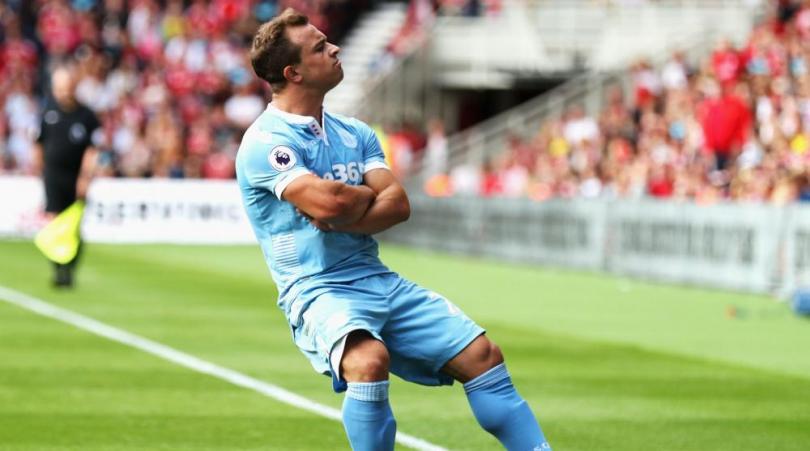
From further out and with greater time to react, Petr Cech was comprehensively beaten by Philippe Coutinho's own free-kick. At this level of the game, it really isn't a fair contest.
But all of this ignores the execution. Speaking to Stoke City's social media team after the game, Shaqiri claimed to have spotted Valdes shuffling towards the near-post and decided to cut his shot back across him.
Whether that's true or whether part of his explanation was lost to his broken English, the goal was still a vivid portrayal of his technique. Much like the stand-off between forward and goalkeeper in the seconds before a penalty, there's a dance at free-kicks, too.
The wall's breadth and a good starting position are part of the 'keeper's armoury, the angle of the run-up and the body language belong to the forward. It's a chess game and on this occasion, Shaqiri castled Valdes.
Sadio Mane's brilliant run through the flailing Arsenal bodies warrants a mention, as does Coutinho's effort of course, but Shaqiri's goal comprised so many admirable elements: craft and imagination, but also the cheeky deception of a world-class opponent.
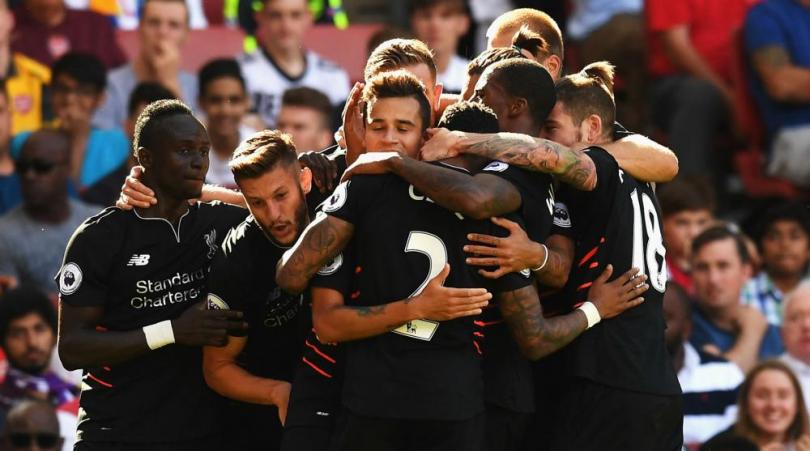
Player of the weekend – Philippe Coutinho
Liverpool didn't really perform particularly well at The Emirates. Porous and inaccurate throughout much of the first-half and then sloppy and complacent in the final 20 minutes, their win came courtesy of a short burst of power which began with Coutinho's free-kick.
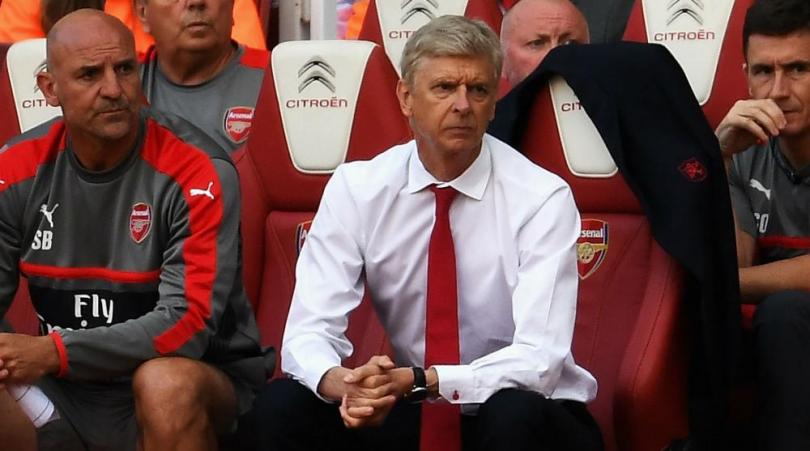
The prevailing doubts surrounding the Brazilian are similar to those attached to his team: can he sustain these short surges of imperious form or will he forever be prone to bouts of anonymity? That's a question for another day because, this weekend, he had a bigger influence than any other player in the league. It was Coutinho at his ethereal best; the little ballerina with the mighty uppercut.
His first goal was sensational, his second the exclamation point on a flowing move, and sandwiched between them was the pass of the game.
An extremely dynamic player with a known ability to beat isolated defenders, at his most impactful he also sees the surrounding game as well as anyone in England.
Sometimes that shows in the way he drifts into goal-scoring space or, as at the weekend, his propensity to produce a knifing pass into the final-third.
Criticism of Arsenal's defending during that game was fair and just, but that moment – his no-look flick to spring Georgionio Wijnaldum in the build-up to the second goal – would have drawn blood from most sides.
Jurgen Klopp's gegenpressing is part of English football's lexicon now and everyone is well-versed on its principles. But while ball-retrieval and quick vertical movement are its core components, Klopp's attacking style is partly defined by the fluidity within his forward line.
Arsene Wenger's back six might as well have been trying to catch the wind
His attacking unit breaks quickly, but also into a range of different positions depending on the circumstances. Roberto Firmino, Adam Lallana, Sadio Mane and Wijnaldum rotate in a way that makes them extremely difficult to subdue and, just like Manchester City last season, Arsenal had no response to their movement.
And maybe that suits nobody more than Coutinho? He was free to inhabit attacking space as it developed and, really, Arsene Wenger's back six might as well have been trying to catch the wind.
Anonymous for the first 44 minutes and then substituted in the 70th, he nevertheless exerted a seismic influence.
Seb Stafford-Bloor is a football writer at Tifo Football and member of the Football Writers' Association. He was formerly a regularly columnist for the FourFourTwo website, covering all aspects of the game, including tactical analysis, reaction pieces, longer-term trends and critiquing the increasingly shady business of football's financial side and authorities' decision-making.
 Join The Club
Join The Club










